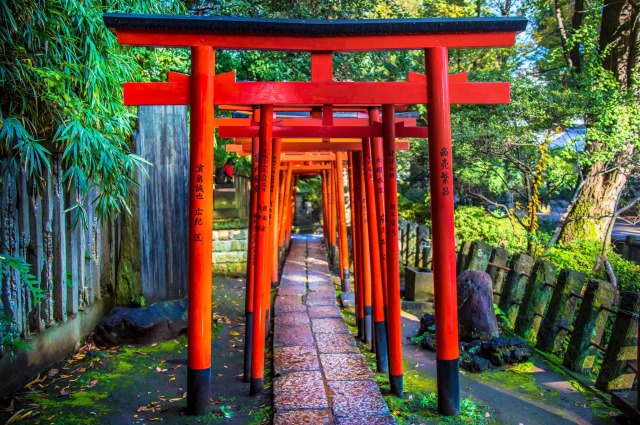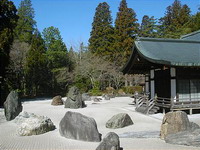TRAINING IN JAPAN AFTER CLASS 11 (part 1)
 Features of the entry of foreigners into Japanese higher education institutions after high school. What to prepare for and what to do to make the dream of education in Japan a reality.
Features of the entry of foreigners into Japanese higher education institutions after high school. What to prepare for and what to do to make the dream of education in Japan a reality.
Japan, one of the most developed countries in the world, has attracted the attention of millions of foreigners for decades. Such interest in this truly unique state is associated not only with active economic development, but also with the features of its culture, history and traditions, with its unique nature and architecture.
One of the ways to plunge into this amazing environment is to enter a higher education institution in Japan, whose graduates easily find prestigious, highly paid jobs in the most famous companies in the world.
WHO CAN BECOME A STUDENT OF JAPANESE UNIVERSITY
Studying at a Japanese university has now become more affordable. First of all, we are talking about simplifying the admission procedure, including for applicants who come from the countries of the former CIS. The thing is that in the above-mentioned states, for the most part, the concept of secondary education with an eleven-year period of education is being realized. At the same time, until recently, 12 classes were required to enter a Japanese university. Now the requirements for Russian citizens are simplified and for entering most universities a complete secondary education is sufficient (11 grades), however, for citizens of other countries the conditions have remained the same.
In light of the significant simplification of the stay of foreigners in the state, the Japanese government has somewhat simplified the requirements for foreign applicants. Of course, having a complete secondary education is not the only condition for foreigners who want to get higher education.
Tourists who once visited the Japanese islands had the opportunity to make sure that it is difficult to find anything in the English language in the cities: signs, signs and signs are made using hiragana or katakana. A similar situation has developed in the higher education system. The country of the Rising Sun honors its traditions and cultural values and, of course, its language, as one of the signs of the nation’s self-determination.
For higher education a prerequisite is knowledge of the Japanese language. Unlike many other countries, in particular Western European countries, where teaching for foreigners in English is widely practiced, in Japan the educational process mainly takes place in Japanese, with the exception of some special language subjects.
Thus, a prerequisite for admission to the university is knowledge of the Japanese language. This, in most cases, becomes an obstacle for foreigners to enter a university. The good news may be the fact that in the light of recent changes, Japan is increasingly welcoming foreign citizens. Gradually, universities introduce training in English.
JAPANESE LANGUAGE NOT SO ALREADY SCARY
It’s no secret that the Japanese language is considered one of the most difficult, but nothing is impossible. In the end, language is a living means of communication, so you can learn it, it is important to choose the right way.
Modern technologies offer a ton of ways to learn foreign languages, from trivial printed self-instruction books and online resources to special courses at leading higher education institutions.
Some foreign applicants say that they decided to enter a university in Japan while still in high school. They had enough time to learn this, at first glance, the most difficult language, with its own special phonetics and no less special alphabet. But more often than not, the idea of getting an education in Tokyo or any other Japanese city comes in the graduation class, when there is practically no time to learn foreign. In such cases, tutorials or online resources are unreliable helpers.
The most effective and fastest way to speak a foreign language is recognized as a method involving a complete immersion in the language atmosphere. Of course, no one discounts the opportunity to get first-class knowledge from teachers of local universities, but any methodology that does not involve constant language practice will not be so effective.
Thus, it is necessary to prepare for a trip to Japan, because only here you can hear the real living language of the descendants of the samurai. Only here is it possible to abstract from native speech, which sometimes makes it difficult to switch and concentrate on the foreign language being studied.
LANGUAGE SCHOOL – THE BEST WAY TO SPEAK IN JAPANESE
Upon arrival, foreigners immediately immerse themselves in a completely different atmosphere. As we already mentioned, in Japan it is difficult to find even signs in any other language. From all sides here sounds Japanese speech.
It is the effect of immersion that is becoming the key and effective way that helps to quickly learn the language in Japanese language schools.




